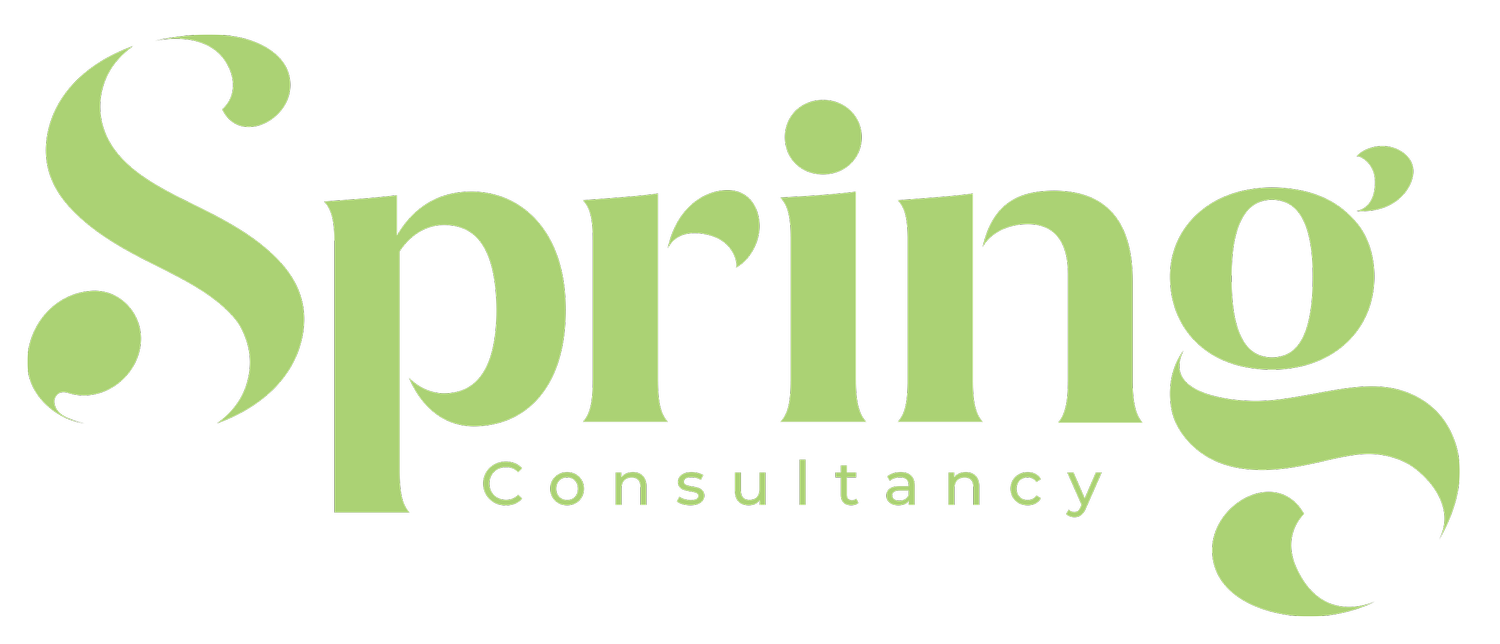Spring Budget 2024
With the official start of Spring two weeks away, Chancellor Jeremy Hunt has (6 March 2024) delivered his Spring Budget calling it a “budget for long term growth”. With promising news on inflation which is expected to fall below the government’s 2% target in “just a few months’ time.
Likely be the last major fiscal event before the next election. This was an opportunity for the Conservative government to try and win-over voters. There were no big surprises, as much has been trailed in the lead up.
Our key takeaways from the announcement affecting business owners are:
National Insurance
Currently, if you receive your income via employment, you pay both national insurance and income tax. In a bid to make the tax system fairer, from April 2024, national insurance for employees will be cut from 10% to 8%. This is a further reduction, having already been cut from 12% in January as announced in the Autumn Statement. The average worker, earning £35,400 a year, will save over £900 annually as a result of the combined cuts.
Class 4 national insurance which is paid by the self-employed on their profits will also be cut a further 2% in addition to the 1% cut announced in the Autumn bringing the rate down to 6%. Combined with the abolition of the requirement to pay Class 2, this will save the average self-employed person earning profits of £28,000 a year around £650 annually.
The freeze on the tax and national insurance thresholds will be maintained as planned until 2028. With inflation and increases to wages, most will find that more of their income will therefore be subject to tax and national insurance.
Increase to the VAT registration threshold
The taxable turnover threshold which determines whether a person must be registered for VAT, will be increased from £85,000 to £90,000.
The taxable turnover threshold which determines whether a person may apply for deregistration will be increased from £83,000 to £88,000.
These changes will be effective from April 2024 and will be welcome to business’ nearing the current threshold.
High-Income Child Benefit Charge
There will be a consultation on the rules, to apply them to collective households as opposed to individuals from April 2026.
Admitting the current system is “confusing and unfair” – a lifeline for many parents – the benefit starts to be withdrawn when one parent earns over £50,000 with them losing the benefit completely once their income reaches £60,000.
In a bid to bring some relief sooner, from April 2024 the threshold will be raised to £60,000 and you will now only lose the benefit completely if you earn over £80,000.
Property tax
The tax relief for furnished holiday lettings, often making renting to holidaymakers over long-term tenants more profitable, will be scrapped from April 2025.
Stamp duty relief for those purchasing more than one property at the same time, multiple dwelling relief, is also to be abolished from June 2024.
The higher rate of Capital Gains Tax on property sales will be reduced from 28% to 24%. The lower rate remains at 18%.
Non-Dom tax status
This status is enjoyed by individuals living in the UK who have claimed domicile overseas, often determined by whether there father was born abroad. The status means they pay UK tax on money earned here but not on their worldwide income.
This is to be abolished and replaced by a “modern, simpler and fairer” system from April 2025.
Full Expensing for leasing assets
The government will seek to extend full expensing to assets for leasing. While this will be a boost for the leasing sector, the chancellor stated that this would only be introduced once fiscal conditions allow this.
Independent Film and Audio-Visual Expenditure Credits
A UK Independent Film Tax Credit will be introduced at a rate of 53% on qualifying film production expenditure for films with budgets under £15m that meet the conditions of the new BFI test.
The credit for visual effects costs in film and high-end TV will be increased to 39% from April 2025, and the 80% cap will be removed for qualifying expenditure for visual effects costs.
Savings
A consultation will be launched into a new UK ISA with a £5,000 annual allowance in addition to the current £20,000 allowance.
NS&I will launch British Savings Bonds. Starting in 'early April', these savings accounts will offer a fixed rate for three years on deposits of between £500 and £1 million – the rate is yet to be confirmed.
Source: HM Treasury 06-03-2024
If you have any queries regarding the announcement and how you may be affected or are looking for more clarity on your business financials, now is the perfect time to get in touch
This summary is to serve as a guide, it does not cover the entire Spring Budget (which can be found on the Government website) and it should not be taken as professional advice.

